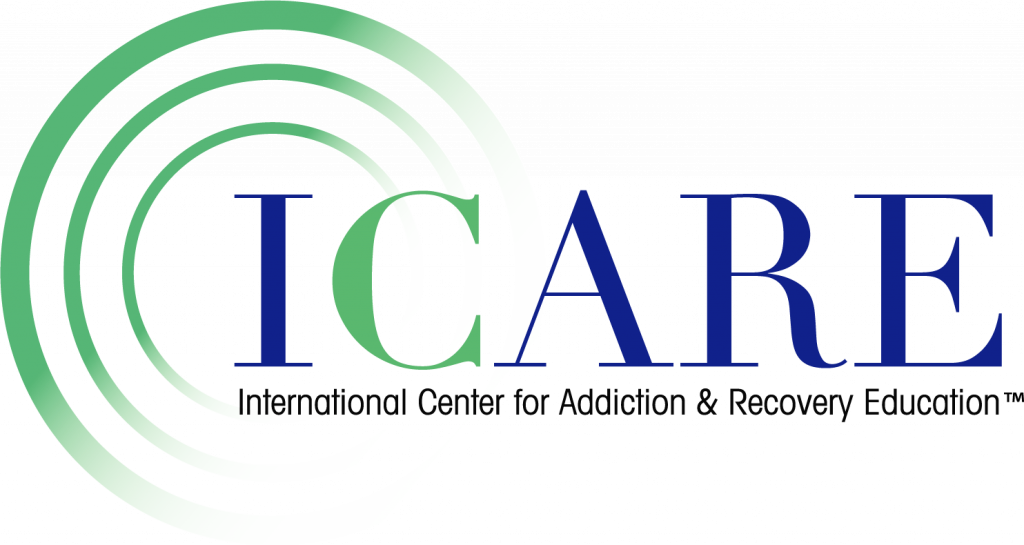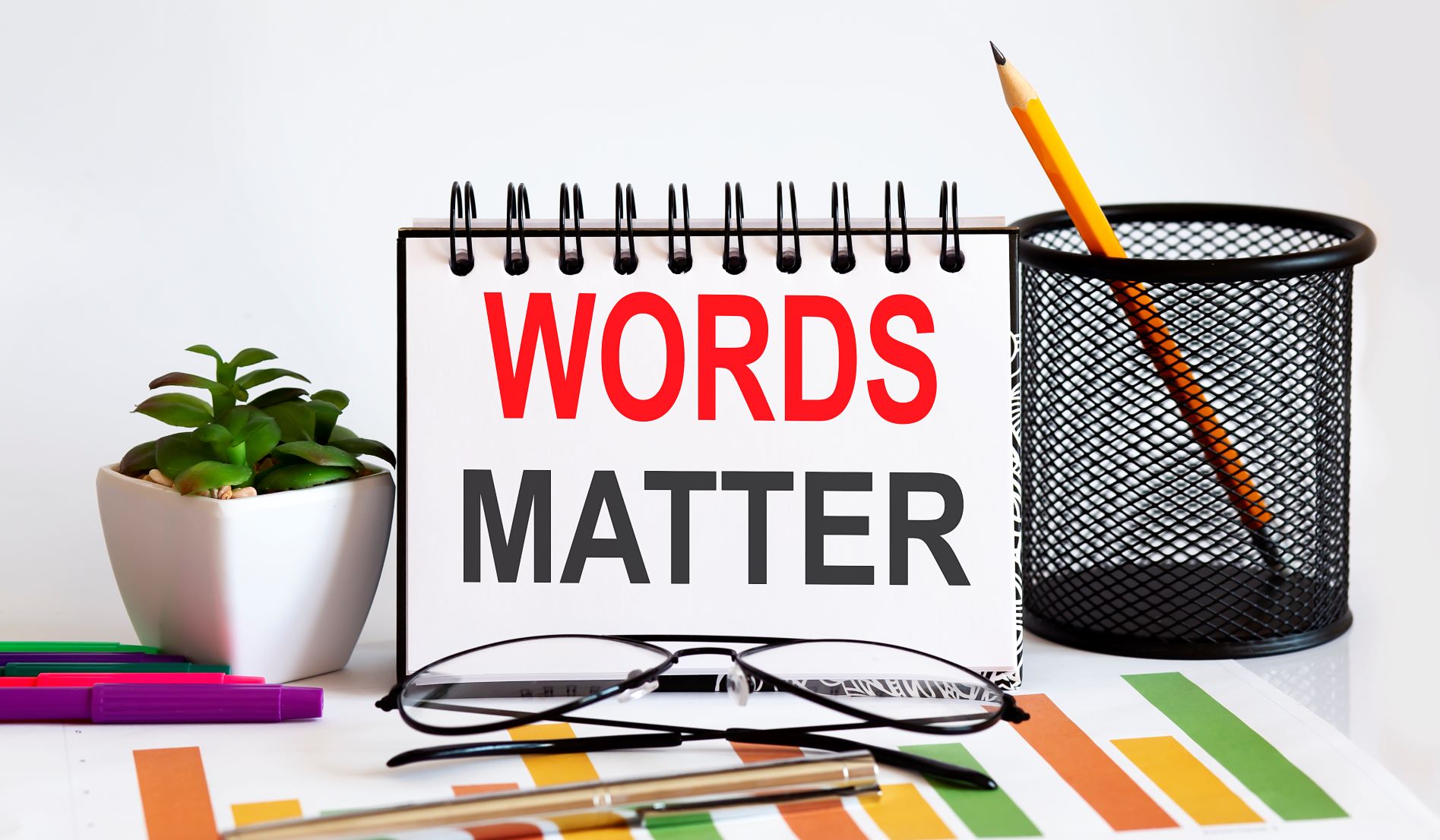To shift out of the stigma that addiction carries for individuals seeking help it’s really necessary for us to begin to use new language. Words matter and terms such as abuser, addict, or drug habit all innately carry a finger pointing or less than human connotation. If we can begin to use more medically accurate, person-centered terms it can really shift to problem solving without the shame or stigma that hinders the recovery process. Terms like “in active addiction”, “harmful or problem use” or “substance misuse disorder” begin to take us there.
The following article by Colleen Walsh of the Harvard Gazette takes a look at why our language surrounding addiction needs to shift.
When confronting the power of addiction, the power of language is important to keep in mind, specialists say.
The Diagnostic and Statistical Manual of Mental Disorders, the American Psychiatric Association’s diagnostic handbook, describes someone struggling with addiction as having “opioid use disorder.” But many of us are more familiar with “drug abuser,” as well as the term’s negative connotations.
“It’s so hard for people to give up the ‘abuse’ word,” said Sarah Wakeman, medical director of the Substance Use Disorders Initiative and the Addiction Consult Team at Harvard-affiliated Massachusetts General Hospital (MGH), during an interview at her office.
Wakeman has written frequently on the topic, urging people to adopt medically accurate, “person-first” language.
The terms “abuse” and “abuser,” she wrote in an article published last year by the American Society of Addiction Medicine, “imply a willful misconduct and have been shown to increase stigma and reduce the quality of care.” Equally harmful, she added, is the language often applied to the most effective form of treatment. Read more
Let’s make the shift together.
For information on our addiction professional training courses visit us here.

